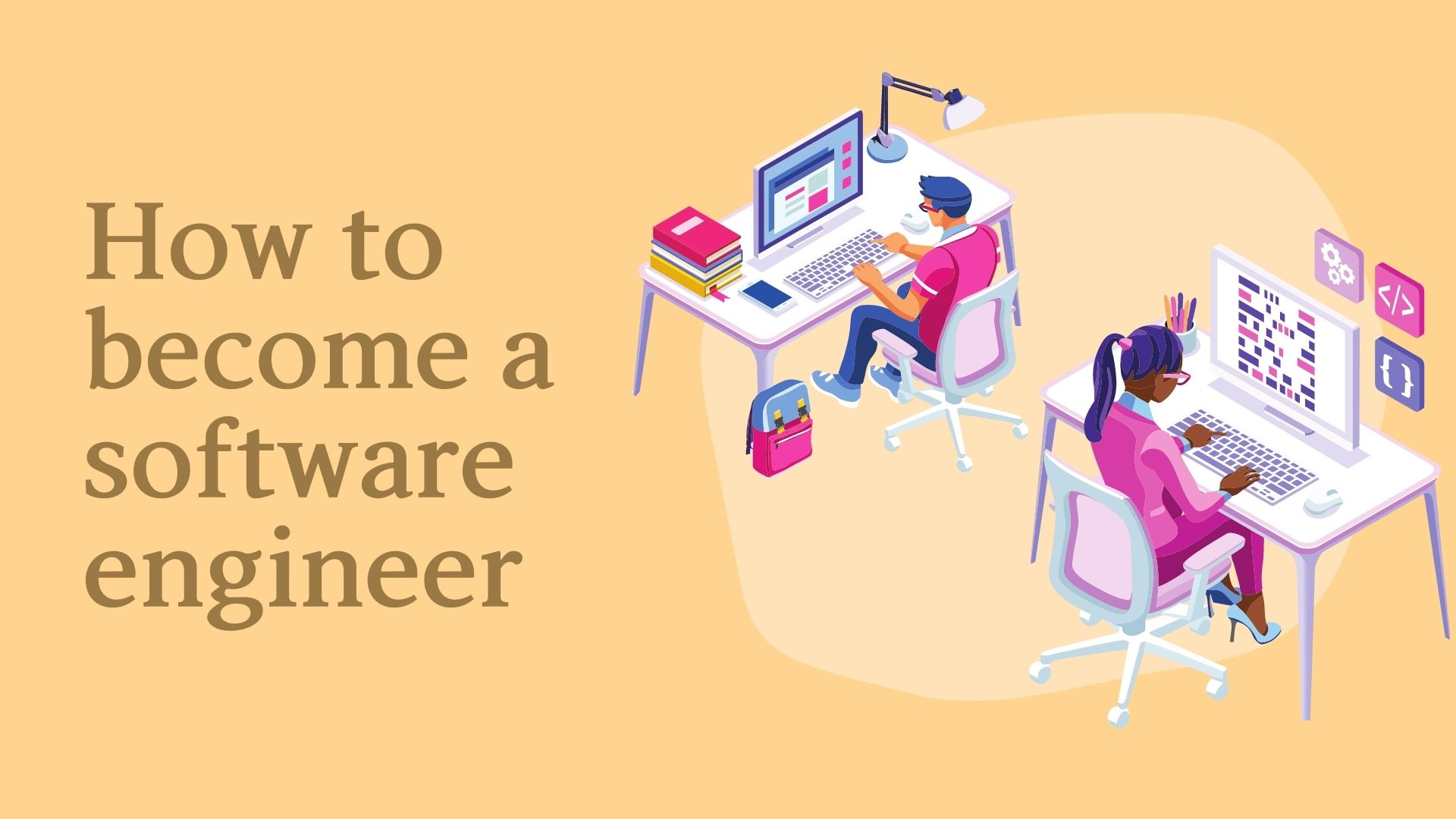Becoming a software engineer involves a combination of education, acquiring technical skills, gaining practical experience, and continuous learning to stay up-to-date with the rapidly evolving field of technology. Here's a step-by-step guide on how to become a software engineer:
Educational Background:
- Obtain a high school diploma or equivalent: A strong foundation in mathematics and science is beneficial.
- Pursue a bachelor's degree in computer science, software engineering, or a related field: While not always mandatory, a degree can provide you with a comprehensive understanding of programming concepts and computer science principles.
Acquire Programming Skills:
- Learn programming languages: Start with foundational languages like Python, Java, or C++. These languages are widely used and will give you a solid basis to build upon.
- Study data structures and algorithms: Understand how to design and implement efficient algorithms and data structures to solve complex problems.
Hands-on Projects and Coding Practice:
- Work on personal projects: Create your own software projects to apply what you've learned and build a portfolio.
- Contribute to open-source projects: Collaborate with others on existing projects to gain experience working in a team and understanding real-world codebases.
Internships and Work Experience:
- Seek internships or entry-level positions: Apply for internships or junior developer roles to gain practical experience and learn from industry professionals.
- Participate in hackathons and coding competitions: These events can provide networking opportunities and showcase your problem-solving abilities.
Continuous Learning and Specialization:
- Stay updated with the latest technologies and trends: Software engineering is a dynamic field, and keeping up with new developments is essential.
- Choose a specialization: Depending on your interests and career goals, consider specializing in areas like web development, mobile app development, data science, artificial intelligence, or cybersecurity.
Soft Skills Development:
- Communication: Effective communication is crucial for working in a team, understanding client requirements, and presenting ideas clearly.
- Problem-solving: Software engineers often encounter complex problems, and strong problem-solving skills are essential for finding solutions.
Networking and Professional Development:
- Join coding communities: Engage in online coding forums and communities to connect with other developers and share knowledge.
- Attend tech meetups and conferences: Participate in industry events to network with professionals and learn from experts.
Building a Portfolio and Resume:
- Showcase your projects: Create a portfolio website to demonstrate your skills and showcase the projects you've worked on.
- Tailor your resume: Highlight relevant programming languages, tools, and projects on your resume.
Job Search and Career Growth:
- Look for job openings: Apply to software engineering positions that align with your skills and interests.
- Be open to learning opportunities: The field of software engineering is continuously evolving, and staying open to learning new technologies and methodologies will help advance your career.
Remember that becoming a software engineer is a journey of continuous learning and growth. Start by building a strong foundation in programming, gain practical experience through projects and internships, and stay curious and adaptable to thrive in this exciting and dynamic field.
